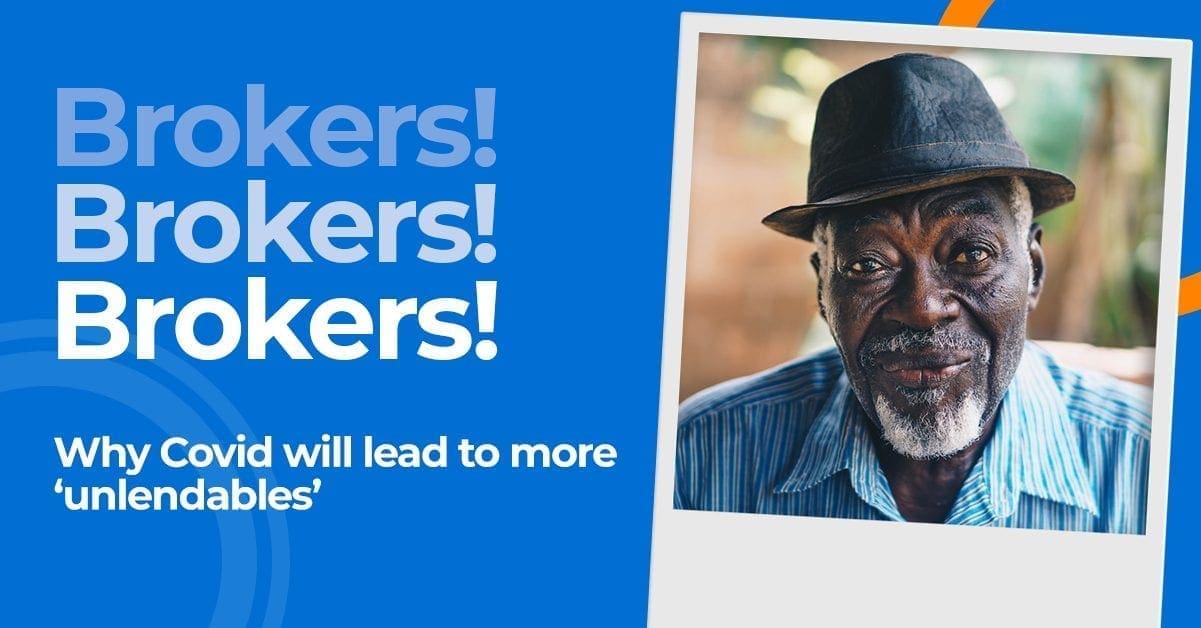Covid-19 has impacted the finances of so many, whether through unemployment, reduced working hours or the furlough scheme. Whilst the government has offered temporary financial support to those affected, the true cost of the pandemic is still unfolding and will continue to do so for some months.
We understand that 2.7 million self-employed workers claimed a grant through the government’s first Self-Employment Income Support Scheme (SEISS) and 2.4 million through its second tranche. Added to this is more than four million borrowers who have been granted payment deferrals across mortgages, credit cards and personal loans since the start of the pandemic.
The financial shock of the pandemic has unsurprisingly caused some borrowers to fall behind on these often-smaller payments, such as credit card and telephone bills. While some borrowers’ financial struggles may be short-lived, they may have a lasting impact on their ability to get a mortgage from a high street lender. Even a couple of missed payments on a credit card can be enough of a red flag for some mainstream lenders to turn a borrower away. If you want to learn more about the impact, please follow the link.
As a result, there are a lot of people who no longer fit the strict criteria of high-street banks which makes one thing seem almost certain: the needs of a lot of mortgage borrowers are going to become more complex and brokers are going see a rise in enquiries from customers with complex credit and non-traditional income streams.
For you, this creates an opportunity and a vast pool of underserved customers who could do with your expert knowledge and suitable products to get them back on track.
What do you say? Are you ready to help the growing number of so-called “Unlendables”?
It’s not just good business – it’s good ethics. Follow us on LinkedIn to find out more. If you have any questions you can take a look at our product guide, call us on 0800 368 1833 or alternatively request a callback.




